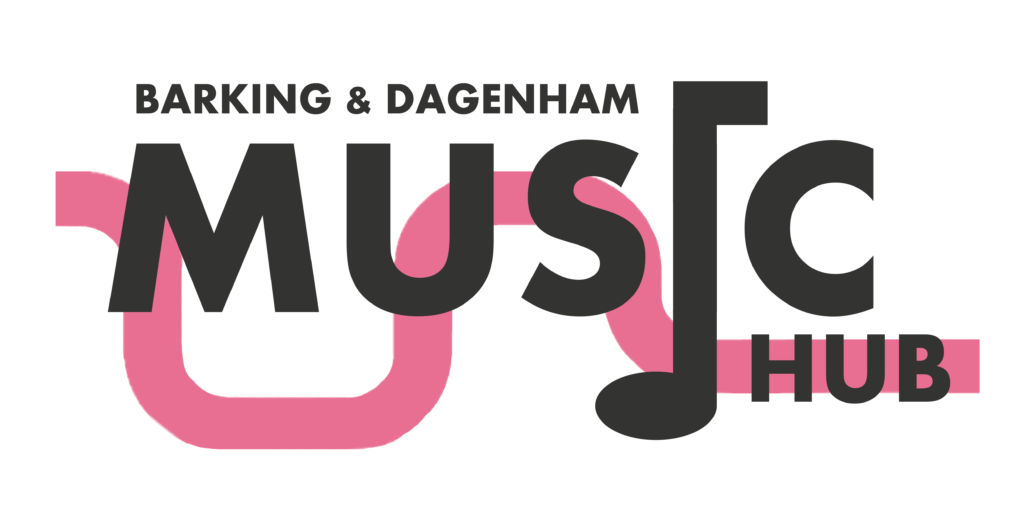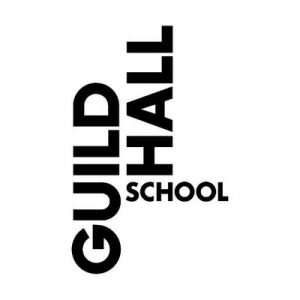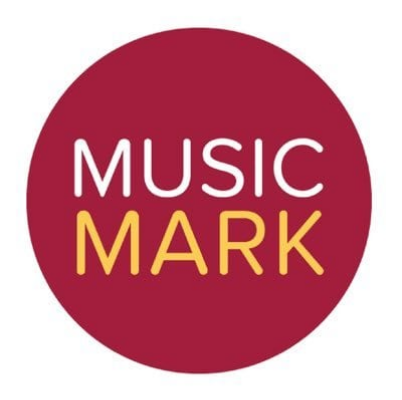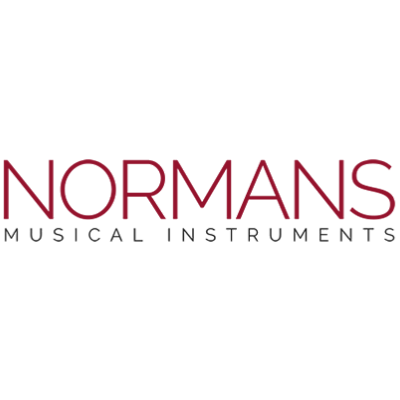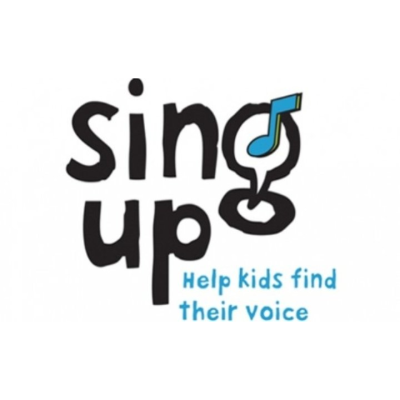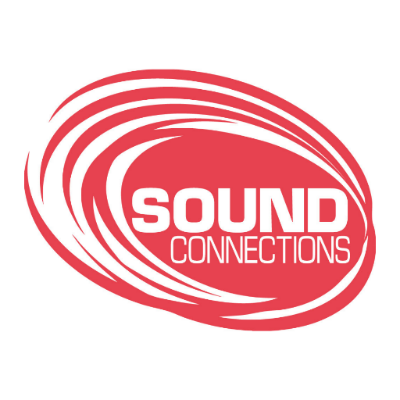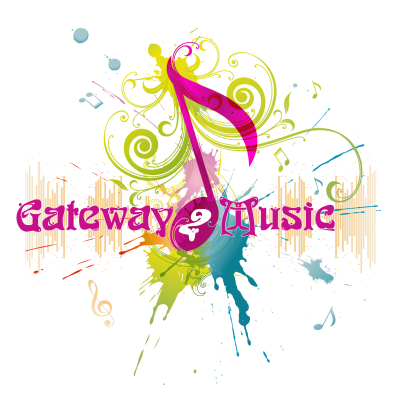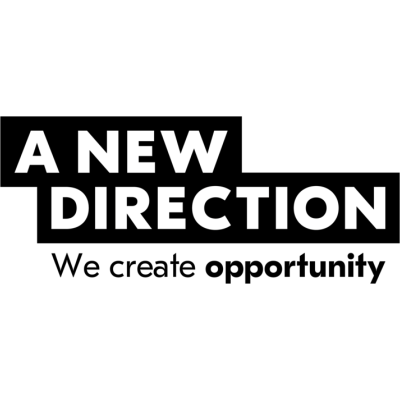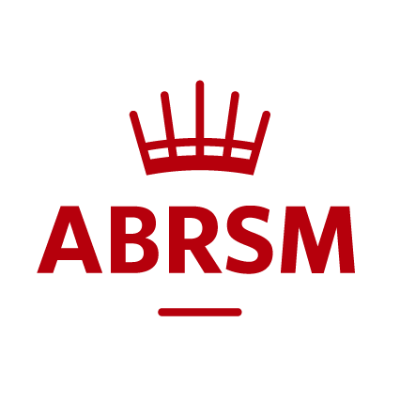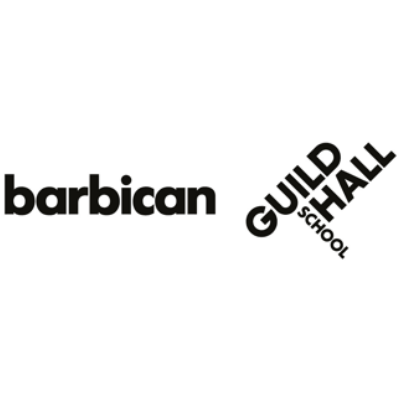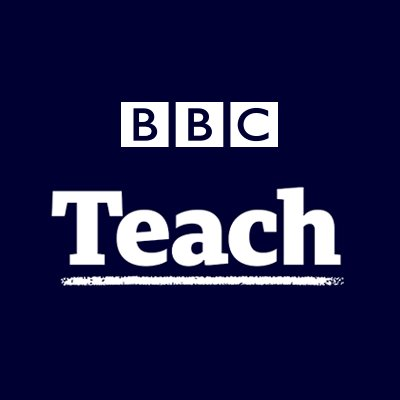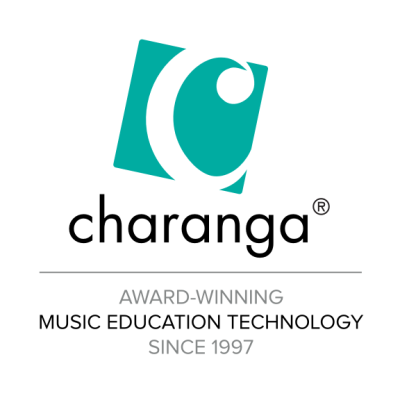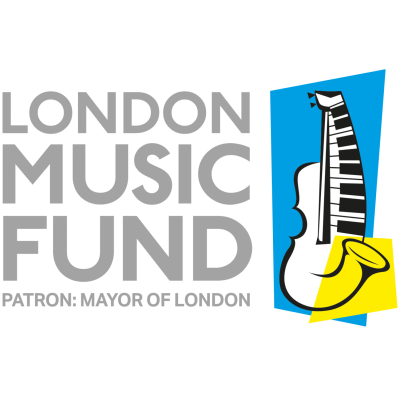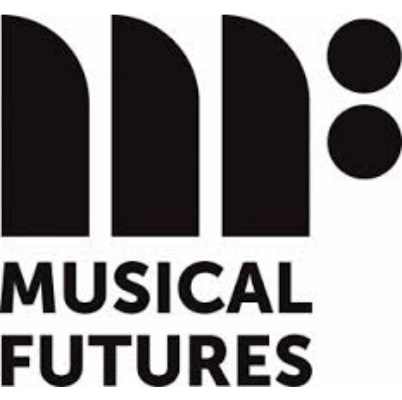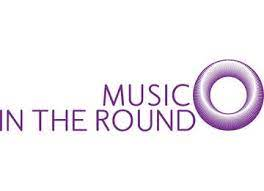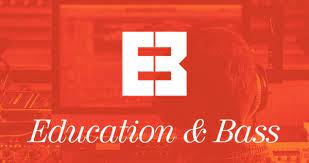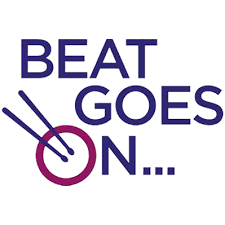Learn with us
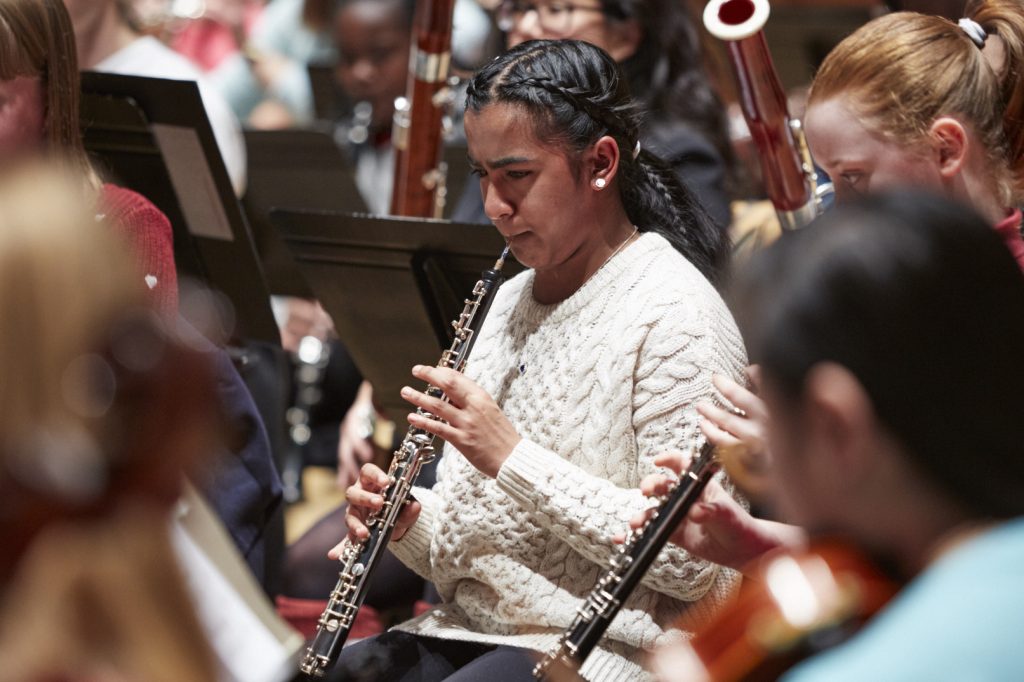
Having music lessons with us
The CMS offers music lessons on a wide range instruments a voice both in schools and privately.
Music Lessons outside of school
The Community Music Service (CMS) is pleased to offer after school lessons for adults and
children (year 3 upwards) to further their interest in playing a musical instrument of their choice;
and to provide opportunities for children to play in ensembles with other CMS pupils.
For further please read this information.
Contact the Music Service for more details.
Music Lessons in school
CMS teachers visit each primary, junior and secondary school weekly and provide instrumental lessons.
Whole-Class Ensemble Teaching (WCET)
This exciting programme involves the whole class and is a music lesson which includes learning a musical instrument. The Community Music Service provides instrumental teachers and instruments to schools who ‘buy in’ WCET provision.
The class teacher and Community Music Service tutors work together with the whole class using orchestral and/or percussion instruments. Many schools and classes benefit from this opportunity to learn an instrument. This is the first access to a musical instrument for an increasing number of pupils.
Wider Opportunities lessons usually take place in year 5. The orchestral instruments may be taken home for practice and brought to schools for the music activities/lessons. There may be a charge for instrument hire and insurance.
After the programme has ended the pupils have the opportunity to continue learning the instrument through instrumental and vocal lessons given in junior/primary and secondary schools by CMS instrumental teachers.
Instrumental Hire and Insurance
If instrumental lessons are offered, the pupil will be given an instrument allocation form. You will need to contact the Music Centre to book an appointment to complete the necessary paperwork, pay the appropriate fees including insurance and collect the instrument.
All orchestral instruments are hired and insured for pupils at a charge to parents (this excludes pianos, keyboards, guitars, bass guitars or percussion instruments). This covers the maintenance and replacement of the instrument. Parents are required to pay an excess fee should the instrument be lost, stolen or damaged beyond repair. Details available from the CMS office.
Your personal information
The CMS holds a secure database of parent/pupil information and only uses information necessary for providing a good service to you and necessary statistics for government funding. If your circumstances change, keep the Music Centre office up-to-date. This will ensure we keep you informed with the latest news and any changes in our service.
Assisted instrumental purchase
School-aged children who attend a school in the borough and are taught by the CMS, are able to purchase an instrument through the CMS via the assisted instrumental purchase scheme (AIPS). It allows students to purchase instruments without having to pay the VAT. Contact the Music Centre for more details.
Purchase of music and accessories
It may be necessary for parents/carers to purchase music or accessories to support your child’s further progress on their instrument.
Accessories
Reeds, strings, oil, rosin etc., can be purchased through your child’s music teacher or from the Music Office.
Music
If it is necessary to purchase music, it is illegal for music to be photocopied due to music copyright laws, therefore, a request may be made by your child’s instrumental teacher.
Music can be purchased from a number of retailers, here are some options:
Online retailers
Musicroom
Amazon
Prices may differ and there may be a postage charge.
High street music shops
East Coast Music
182 Hornchurch Rd, Hornchurch
01708446644
Music Land
54 North Street, Romford
01708 737977
CMS Music Office
We will require payment before music can be ordered and we can only bulk order to obtain free delivery, so there may be a delay in getting your music. Alternatively, you can pay an additional ~£1 for the music shop to post your book to us individually.
The price for music and accessories can change, contact the Music Office if you need the latest price.
Close
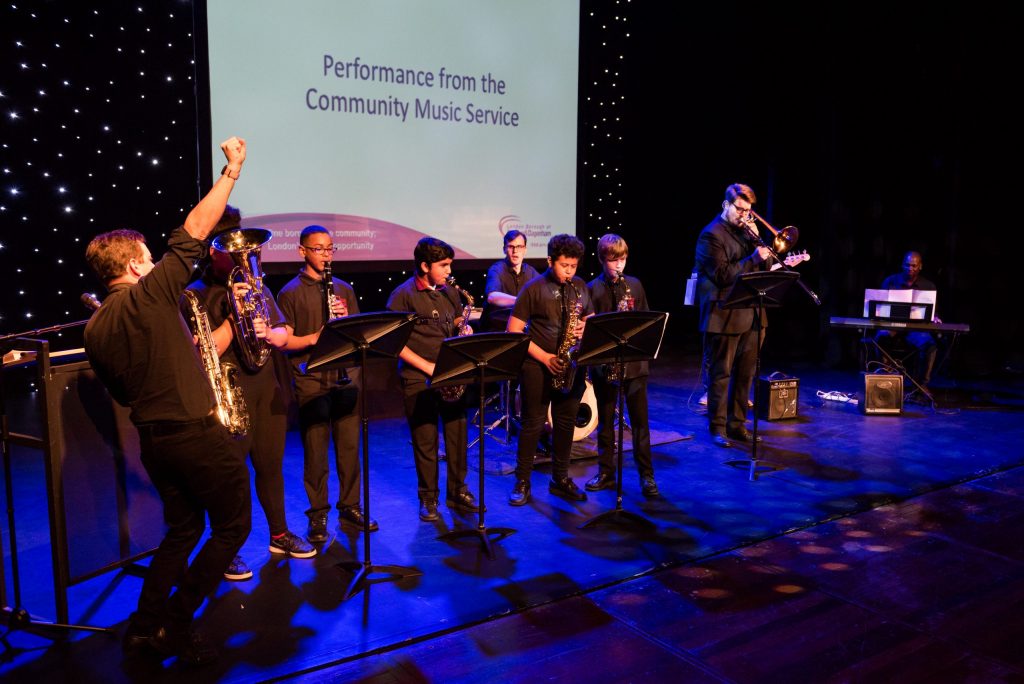
Ensembles
Ensembles form a core part of the hub’s offer.
Ensembles
It’s recommended that all pupils who learn an instrument should play in a school or music centre ensemble, band or orchestra. Performing and music-making with other pupils is lots of fun and essential to a child’s music development.
The CMS organises music groups for all levels of experience from beginners to advanced level.
Beginners have their first taste of playing in a music group in the beginner workshops which will take place in the Spring Term. Parents are then invited to bring their children to one of the starter ensembles.
From this point on pupils are promoted to other groups as they progress. Pupils who join at a later stage are most welcome.
Ensembles are a core part of our commitment to music-making and groups rehearse at the music centre after school between 4 pm to 8 pm most evenings. We believe regular participation in both the instrumental lesson and the music groups supports musical learning.
How to join an ensemble, band or orchestra
Entry for all groups (except Young Singers and Drum Heads) is on the recommendation by the individual’s instrumental teacher. When a pupil reaches the required standard the appropriate application form will be issued by the instrumental teacher.
Contact the Music Service for more details.
Young Singers
All pupils from the age of 7 to 18 are also invited to attend the Young Singers. These sessions are held weekly and are open to all pupils attending LBBD schools who enjoy singing. There are no auditions but pupils will be expected to attend each week.
Fill in the application form provided by the teacher and bring it along to your first session. Alternatively, contact the music office for details.
Close
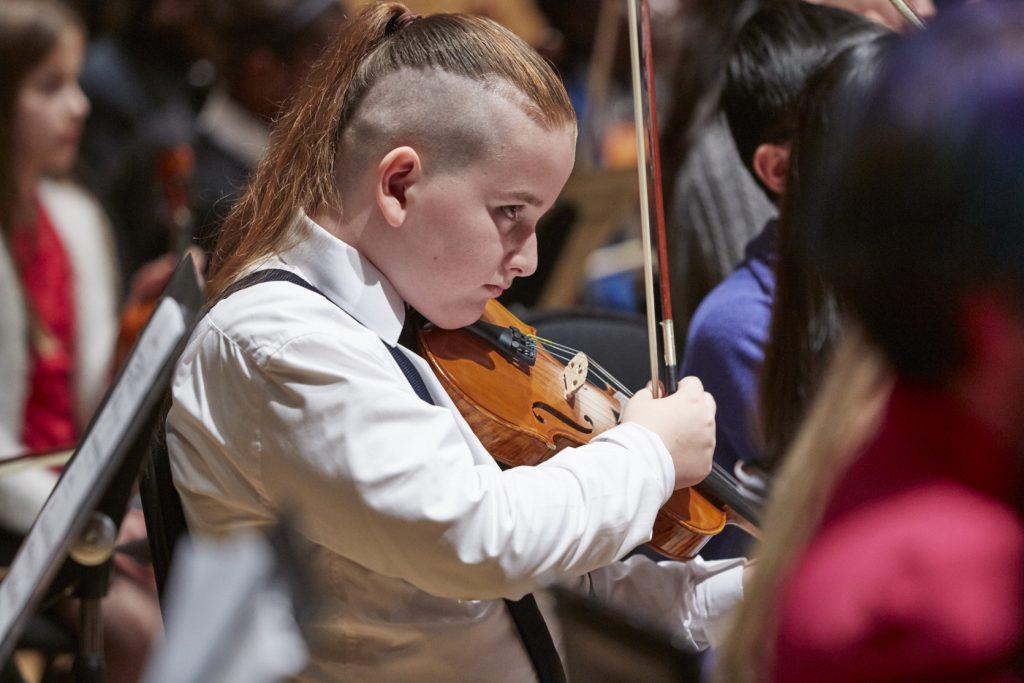
Music Examinations
Music examinations are an important but fun way to progress on both voice and a musical instrument.
The first exam pupils will work towards the Junior Performance Music (JME). They will then progress through the Senior Music Exam (SME) and Associated Board Royal School of Music (ABRSM) Practical exams.
Full syllabus information and helpful support can be found at Music at Home.
Pupils will need to pass Grade 5 ABRSM Theory exam when they are working towards taking a grade 6 practical exam. The CMS offered an excellent theory course written and run by a senior staff member, details here.
Examinations are held each term at the Music Centre.
Junior Music Exam
This is a gentle introduction where the examiner gives encouraging feedback. This exam is carried out by the teacher during the pupils’ lessons in school.
The syllabus is taken from pieces in the pupil’s tutor book and includes scales and other technical tests.
The exam provides a fun introduction to music examination.
Full details available at Music at Home.
Senior Music Exam
his short exam builds on the Junior Music Exam and is equivalent to Grade 2. Pupils are examined at the music centre.
The syllabus is also taken from pieces in the pupil’s tutor book and includes scales and other technical tests.
Full details available at Music at Home.
ABRSM Practical and Performance Examinations
The Associated Board Royal Schools of Music (ABRSM) is a world-leading music examination provider.
CMS pupils are entered up to Grade 8. To enter a Grade 6 practical level you will need to have passed Grade 5 Theory. The AB grades are recognised as international benchmarks and are valued by teachers and institutions all over the world. Grades 6 upwards also carry UCAS tariff points.
For full information visit ABRSM.
ABRSM theory exam
There is a fast track theory class that pupils are invited to attend when they reach the appropriate level (usually as they reach practical exam grade 5).
Pupils enter the exam after 1 year of study. Details available here.
For full information visit ABRSM.
Close
Free BMus Applications to Guildhall School
Guildhall School’s Access team runs a Supported Application Scheme to encourage applications from students whose backgrounds are underrepresented in higher education. We would encourage any eligible students who are thinking of applying to a BMus programme to apply as it offers a free application (worth £112), lots of support via workshops throughout the application and audition process, and a Travel Bursary if travelling to an on-site audition from outside Greater London.
More information about the scheme and it’s eligibility criteria can be found here.
NB – to receive the free application students must apply to the Support Application Scheme before applying to the school as we cannot refund an application fee that already been processed. Students will be contacted by email if their application to the scheme has been successful, with instructions on how to proceed with their application to the school. A successful application to the scheme is not an application to the undergraduate programme.
Our Partners

